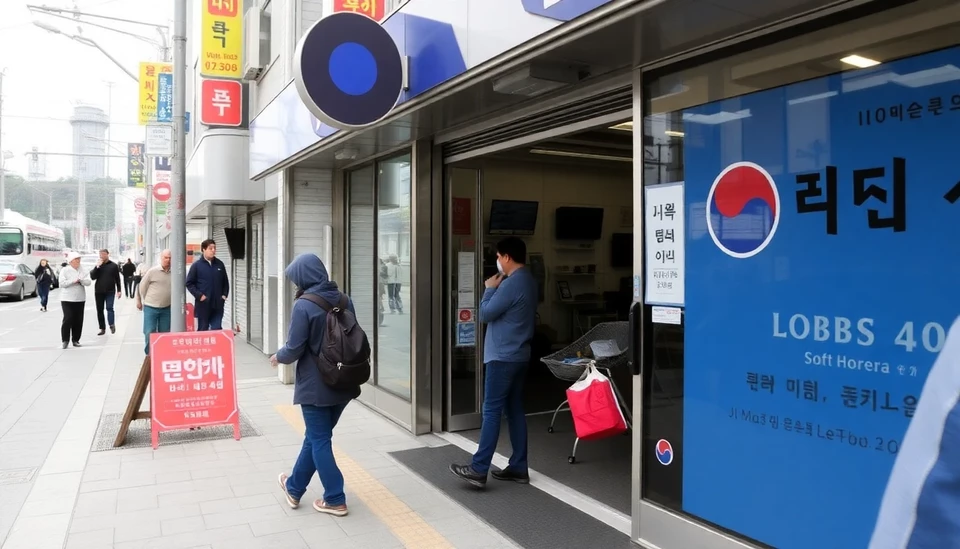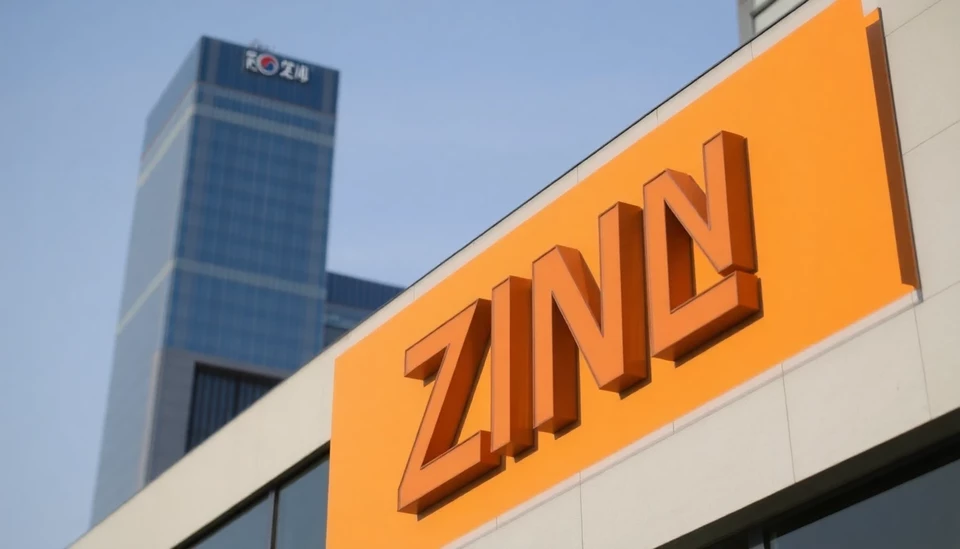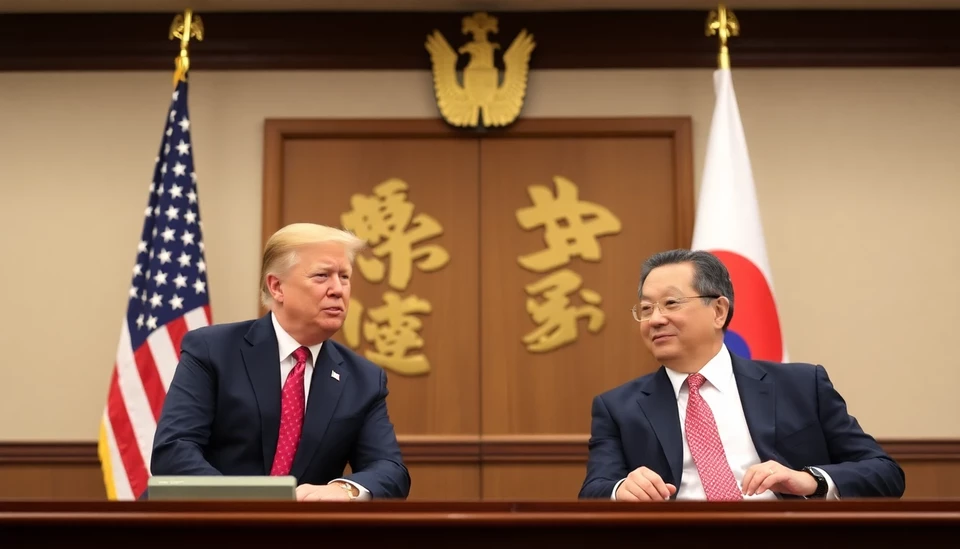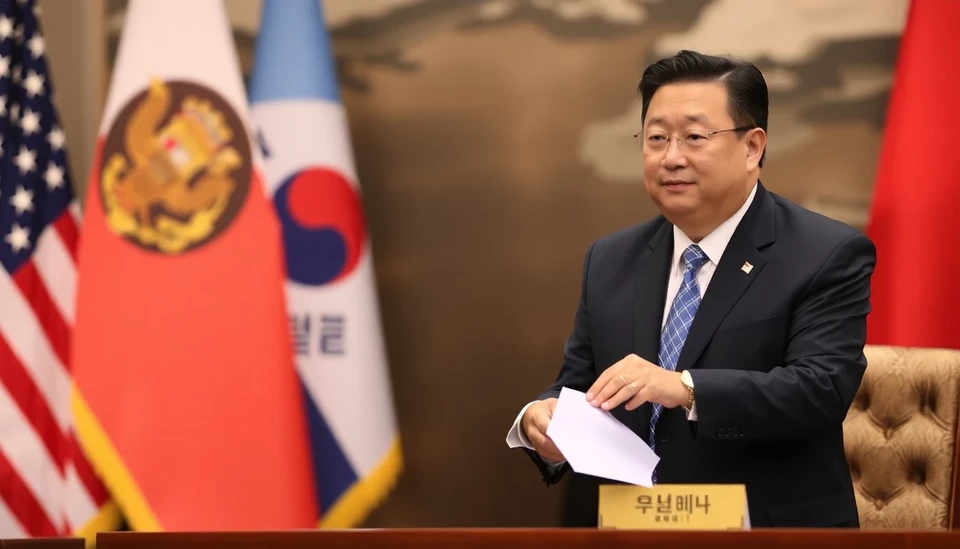
In a troubling development, South Korea has reported a significant increase in its unemployment rate, reaching its highest point in over two years. As political infighting intensifies, the nation faces rising economic challenges that complicate recovery efforts in the job market. The unemployment rate surged to 4.0% in December 2024, a notable rise from 3.2% in previous months, highlighting the growing concern among economists and policymakers alike.
The economic downturn has been exacerbated by continuous political strife within the government, which has hampered effective implementation of critical fiscal policies. Analysts attribute the spike in jobless claims to both the structural weaknesses in the economy and the adverse effects of ongoing political disputes. As multiple parties vie for influence, the lack of stable governance has left the labor market vulnerable.
Data from the Korean Statistical Information Service indicates that the number of unemployed individuals surged by over 150,000 during the last quarter of 2024. Particularly in the manufacturing and export sectors, which are vital to the South Korean economy, workforce reductions became increasingly common as companies grapple with declining overseas demand and rising production costs.
The South Korean government, led by President Yoon Suk-yeol, is under criticism for its handling of the economic situation. Critics claim that the political discord has prevented a coherent strategy from being enacted, leaving vulnerable workers and industries without the support they need. The president has called for unity in the assembly, urging lawmakers to prioritize economic reform over partisan interests.
Furthermore, the youth unemployment rate presents additional cause for alarm, as it climbed to an unprecedented 9.6%. Young graduates, entering an already saturated job market, are increasingly struggling to find work. This demographic's disillusionment could have long-term repercussions if economic conditions do not improve, potentially leading to increased social tension and discontent.
Experts recommend that a swift resolution to the current political deadlock is imperative to restore confidence in both the economy and the labor market. They argue that proactive measures, such as stimulus packages and enhanced job training programs, should be implemented urgently to address the rising unemployment figures and stimulate growth.
As South Korea wades through these difficult economic waters, the spotlight remains on political leaders to prioritize actions that will positively influence job creation and stabilize the economy. The eyes of the nation—and indeed the international community—are closely following developments, hoping for a united front that can effectively tackle these pressing issues.
In summary, the latest data reflects a concerning upward trend in South Korea's unemployment rate, tied closely to political instability that hampers economic agility. As the government navigates these challenges, it is crucial for urgent and effective strategies to be adopted to bolster the job market and restore confidence among the populace.
#SouthKorea #UnemploymentRate #EconomicCrisis #PoliticalIssues #JobMarket #YouthUnemployment #EconomicRecovery #KoreanEconomy
Author: Daniel Foster




